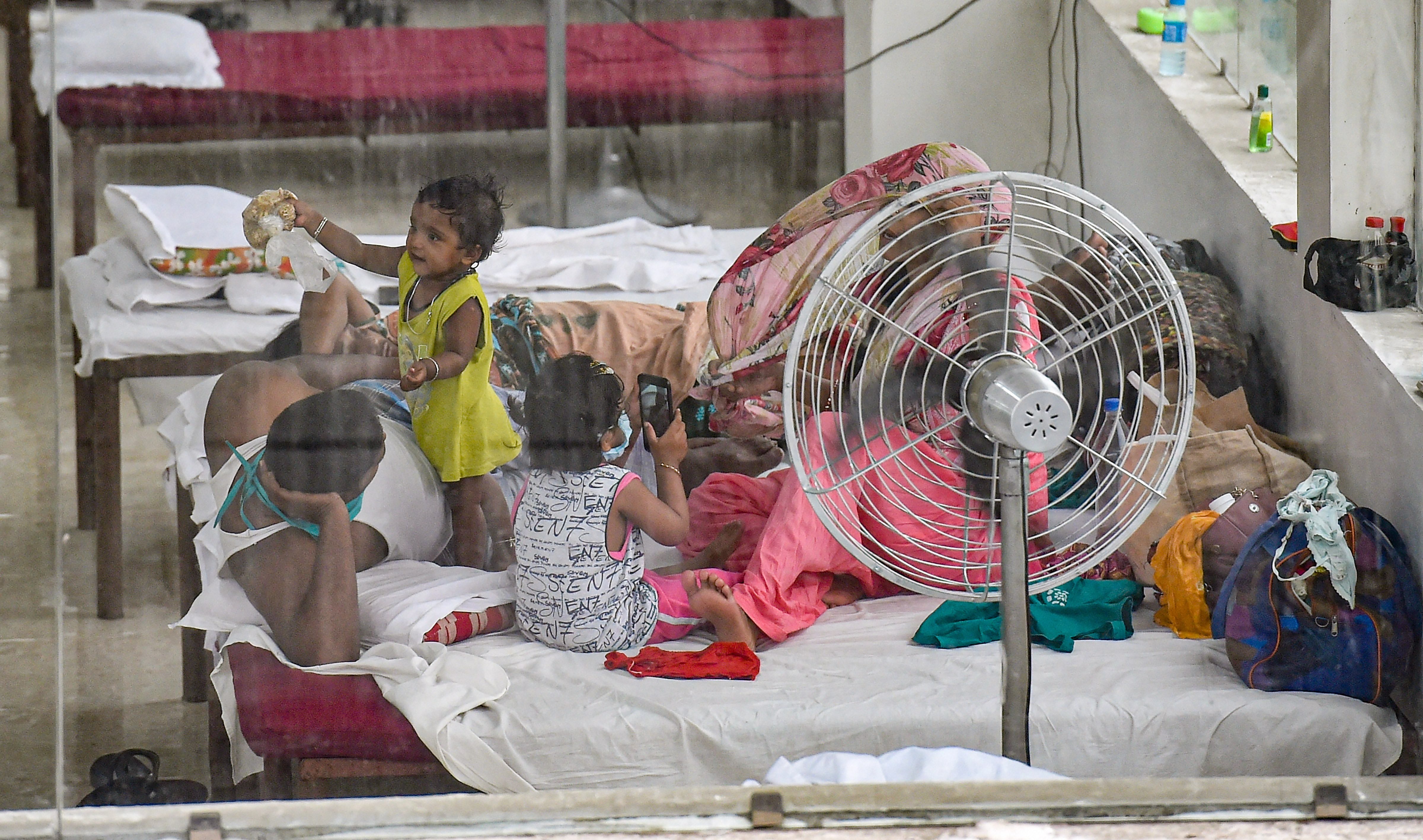The Mamata Banerjee government has fine-tuned its Covid-19 protocol for migrant workers coming from Maharashtra, Madhya Pradesh, Gujarat, Delhi and Tamil Nadu, where the disease has spread rapidly, in an attempt to reduce the possibility of community spread of the novel coronavirus in rural Bengal.
According to the plan, the state government would send all migrant workers returning from the five states to 14 days of mandatory institutional quarantine. Asymptomatic migrants from all other states would, however, be allowed to go in for home quarantine for 14 days and the local authorities would keep them under strict vigil.
“All of those coming from these five states would have to go in for mandatory institutional quarantine… After 14 days, if they are tested negative, they will be sent home. If any of them is tested positive, appropriate steps would be taken to ensure medical support,” chief minister Mamata Banerjee said while addressing district authorities through videoconference from Nabanna on Wednesday.
The state government, sources said, was forced to tweak the protocol after it was found that many of the workers returning from those five states were testing positive for Covid-19.
“In West Burdwan, 645 migrant workers have returned from Maharasthra and 29 of them tested positive for Covid-19,” said the chief minister during the video conference.
Sources said the state health department had planned a few days back that all the asymptomatic migrant workers would be sent to home quarantine. Besides, persons with mild symptoms were also suggested home quarantine.
“Only acute symptomatic persons were planned to taken to hospitals. But the plan had to be tweaked after a number of returnees from five hotspot states were found to be Covid-19 positive. Such cases have been found in districts like Malda, Murshidabad and North Dinajpur,” said a source.
The Bengal government has decided to convert school buildings into quarantine centres at those places where the workers would return.
The plan was drawn considering that there would be shortage of institutional quarantine facilities as lakhs of migrant workers would return in the next two weeks.
“The family members of the returnees from these five states can send food for them. But they have to keep food at a designated place of the quarantine centres and they would not be allowed to meet them,” said the chief minister.
The BDOs would be arranging meals at the quarantine centres. “Rice, dal and a curry (torkari), we can arrange this much,” said Mamata.
The chief minister also said returnees from other states would be kept under a strict watch to ensure that they followed the home isolation norms.
“Health workers would be visiting houses of the returnees on every alternative days. We will use Sandhane — an app developed by the state health department — to keep a vigil on the returnees,” said Mamata.
She also urged local people to carry on surveillance on the returnees who would be sent to home quarantine. “Villagers can keep a watch on them so that they cannot roam around.”
Sources at Nabanna said given the large number of migrant workers, who would return in the next two weeks, this could be the best possible solution to handle the spread of Covid-19 through the arrivals.
“We have to be selective as we cannot quarantine nearly 2.5 lakh migrants who would return in the next two weeks. We hope that it would help us prevent the spread of the disease rapidly in the rural pockets of the state,” a health department official said.











